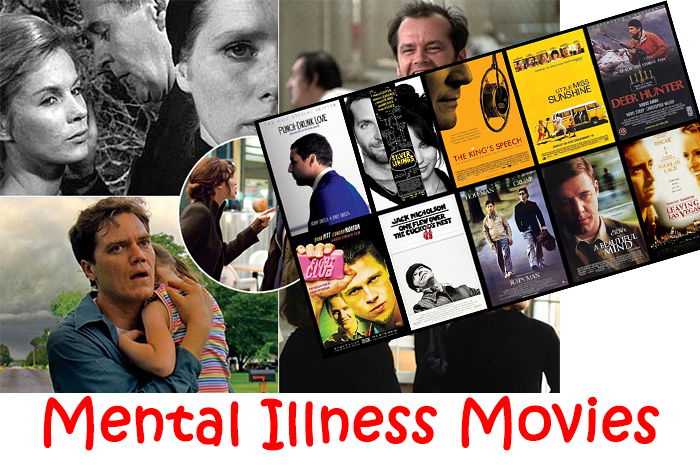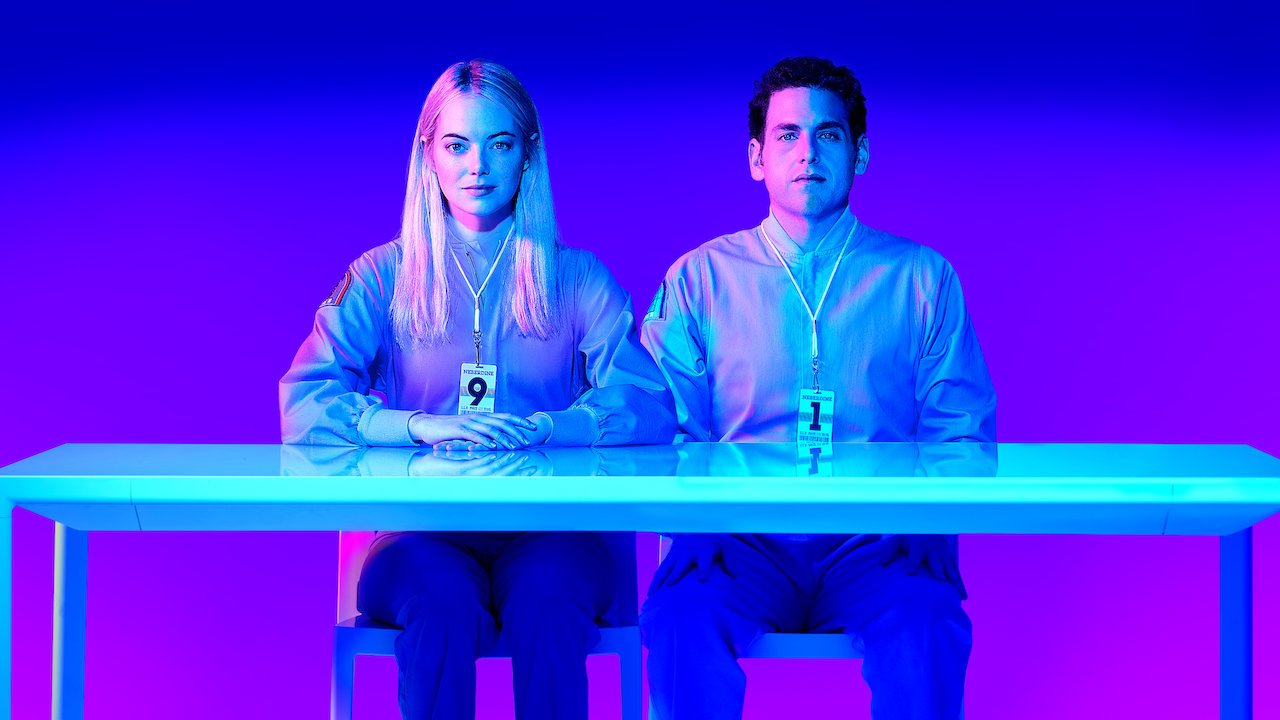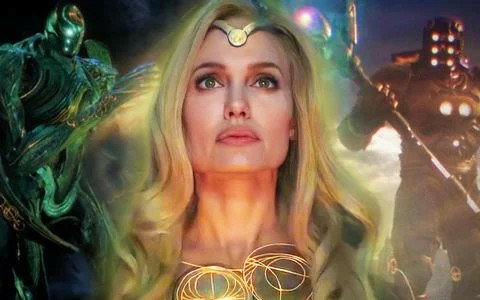 Image Source: IndieWire, Inspire Malibu
Image Source: IndieWire, Inspire Malibu
The real world is not all sunshine and rainbows like the romantic comedies we see in cinemas. Real-life has issues, tensions, and stresses that do not magically resolve once the film reaches its climax. In the real world, people spend a whole lifetime trying to make sense of their life, their individuality, personality, and mind as opposed to a two hour and thirty minutes run time of a film that so easily comes across a desirable conclusion as the film comes to an end.
In the real world, people struggle with mental illness so that a simple dialogue does not dissolve away. Mental health and care is an issue that accompanies a human being until the end of their days but sadly, there is not much in the history of Hollywood cinema that shows how mental health can affect a being's life.
Hollywood itself is not immune to the threats of ill-cared for mental health. Pirates of the Caribbean's location manager, Michael Harm had committed suicide in 2017, calling his job “one of the loneliest jobs on a film.” Many more Hollywood suicide deaths include host and chef Anthony Bourdain, comedian Brody Stevens, Soundgarden’s Chris Cornell, Linkin Park’s Chester Bennington, The Prodigy lead actor Keith Flint, and DJ Avicii.
Fortunately enough, the rising cases of celebrity deaths by suicide have awakened Hollywood to see what can be done when we still have time to make people more aware of mental health and its countless aspects. Talking about bringing more character representation associated with mental health struggles, David Hoberman of Mandeville Films said,
“Mental health should be a priority for all of us.” “We need to do anything we can in Hollywood to discuss it and create exposure.” And Jacobs added, “I’ve experienced mental health issues within my own family and have seen the pain and devastation it causes. Like cancer, mental illness is a serious disease that needs to be treated. Unfortunately, there’s still a stigma.”
While the cinema of today is definitely trying to do better, there is a lot of damage to be done from the past. The 80s was definitely a trying time for Hollywood cinema and came up with a whole new genus of slasher movies. Of course, these films dealt with a crazed killer, and since then the word 'crazy' has been associated with being evil. The times saw Nicholson in the role of a bloodthirsty showman in The Shining in 190.
Horror thrill films hence began to deploy a madman kind of evil character as opposed to a supernatural ghost entity, dictating that being 'mad' makes you a murder, a serial killer, and more. Hence, being mad became synonymous with an insult and thus arose a stigma around it that continues to be associated with the word. Similarly, Michael Myers from Halloween, Jason Voorhees from Friday the 13th, and Freddy Krueger from A Nightmare on Elm Street all depicted a 'crazy' character hacking at people in a mask.
Seeing back on Hollywood's portrayal of mental illness, Dr. Danny Wedding, a US psychologist wrote in his book Movies And Mental Illness: “Films such as Psycho (1960) perpetuate the continuing confusion about the relationship between schizophrenia and dissociative identity disorder (formerly multiple personality disorder)."
He continued: "Friday the 13th (1980) and A Nightmare On Elm Street (1984) both perpetuate the misconception that people who leave psychiatric hospitals are violent and dangerous." Even more damaging was the perception of mental illness to be equivalent to the traditional ghost possession trope.
The writer added, "Movies such as The Exorcist (1973) suggest to the public that mental illness is the equivalent of possession by the devil, and movies such as One Flew Over the Cuckoo’s Nest (1975) make the case that psychiatric hospitals are simply prisons in which it is little or no regard for patient rights or welfare. These films in part account for the continuing stigma of mental illness."
Yet, independent projects, even on TV screens, are getting to reverse the damage and change the narrative of being 'mad.' New Netflix series Maniac, a show based on a Norwegian psych ward, featuring Emma Stone and Jonah Hill has opened another window to learn more about someone who struggles with mental health issues and most importantly wants to conquer it. The eerie show promises a mysterious drug that could provide a one-pill solution to all mental disorders to its characters.
 Emma Stone and Jonah Hill star in Maniac, A Netflix show on mental health; Credits: Netflix
Emma Stone and Jonah Hill star in Maniac, A Netflix show on mental health; Credits: Netflix
The series shows Dr. Mantleray, played by Justin Theroux, promoting his pill, saying, “It’s not therapy – it’s science.” Sharing how the series managed to attain her attention, Emma Stone told Elle magazine, “The thing I liked about Maniac was that it’s about people who have their own internal struggles and are trying to fix them with a pill. But you see over the course of the show that human connection and love is really the only thing that gets us through life.”




